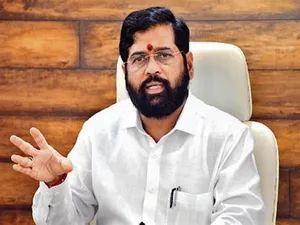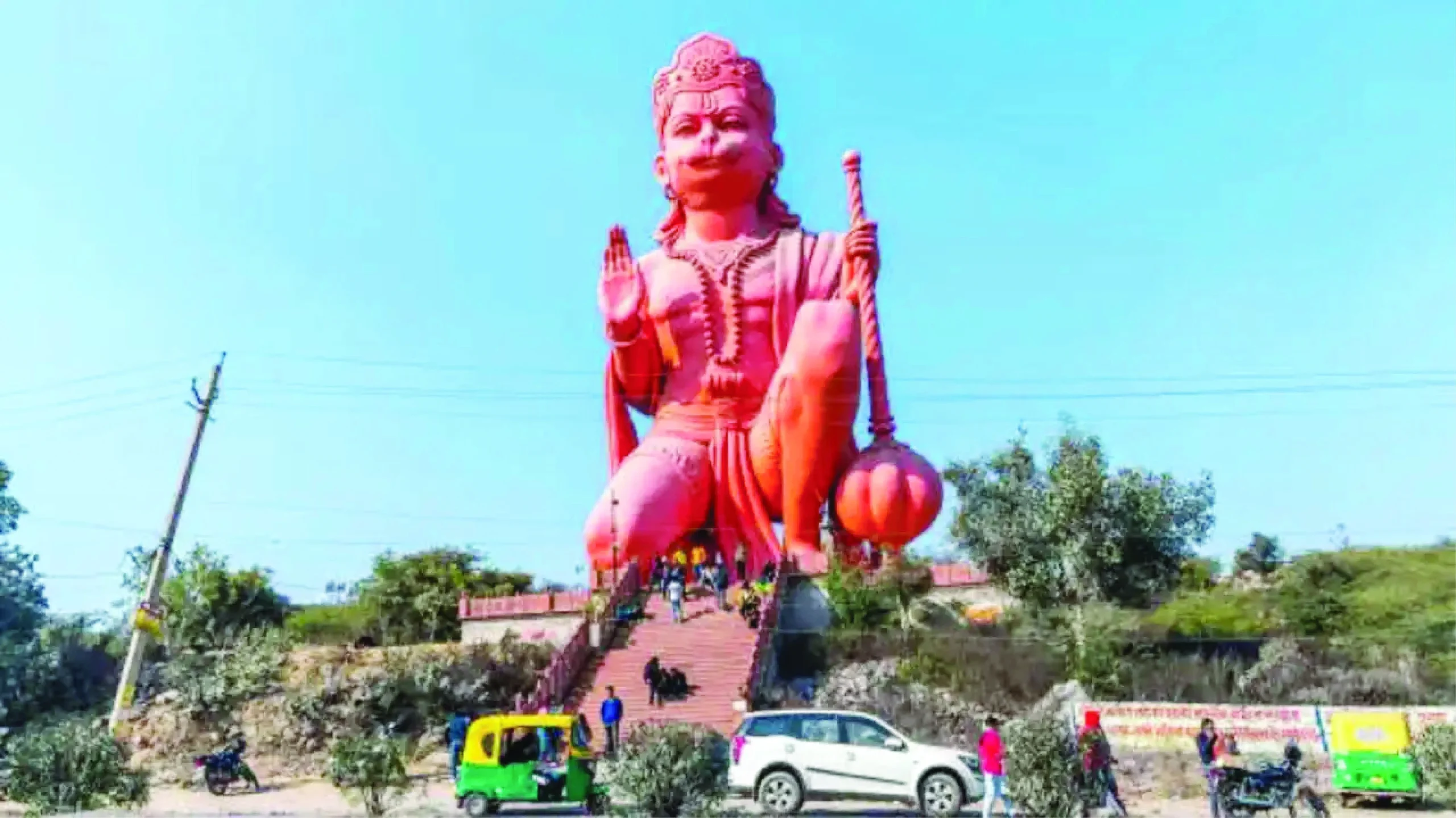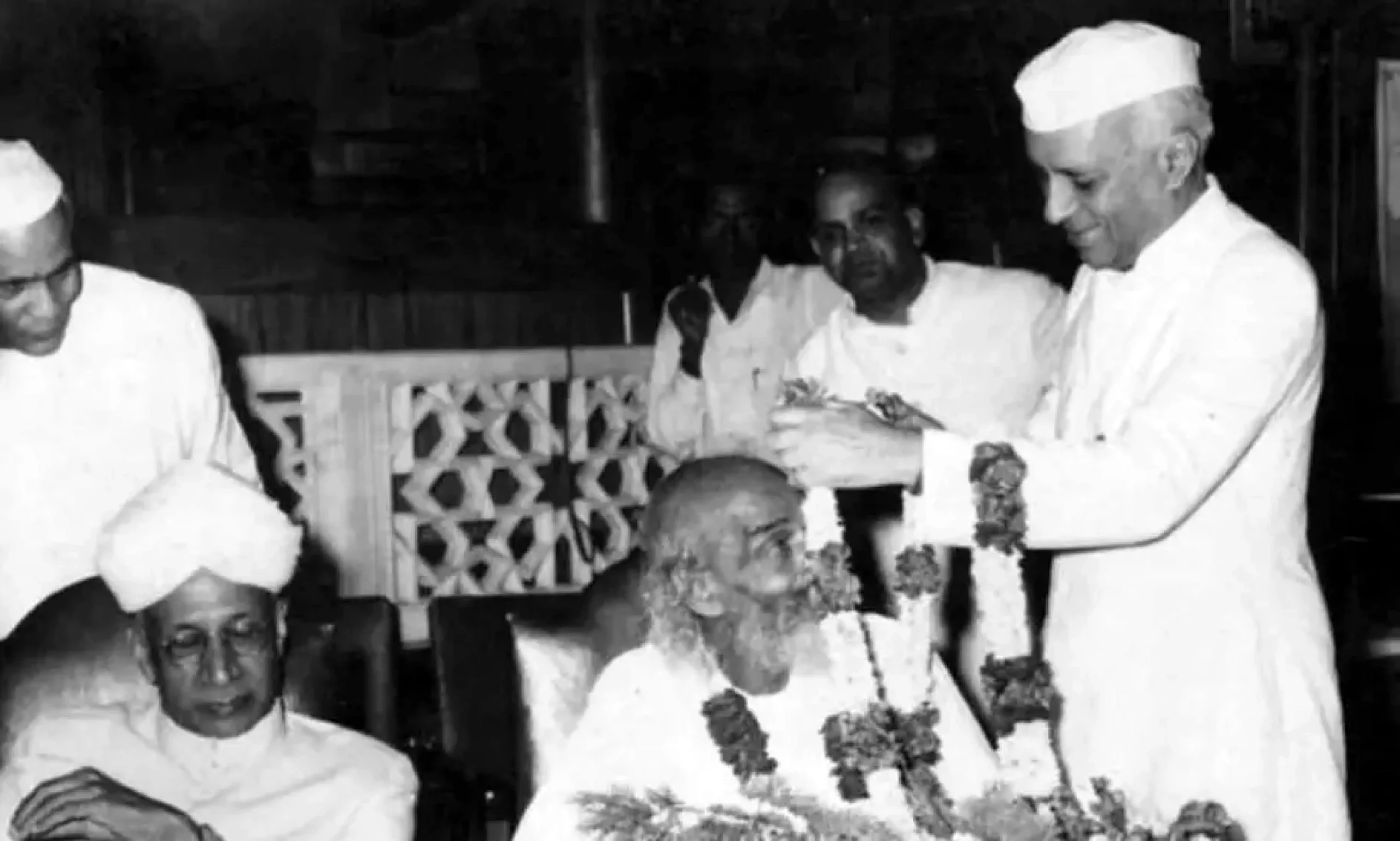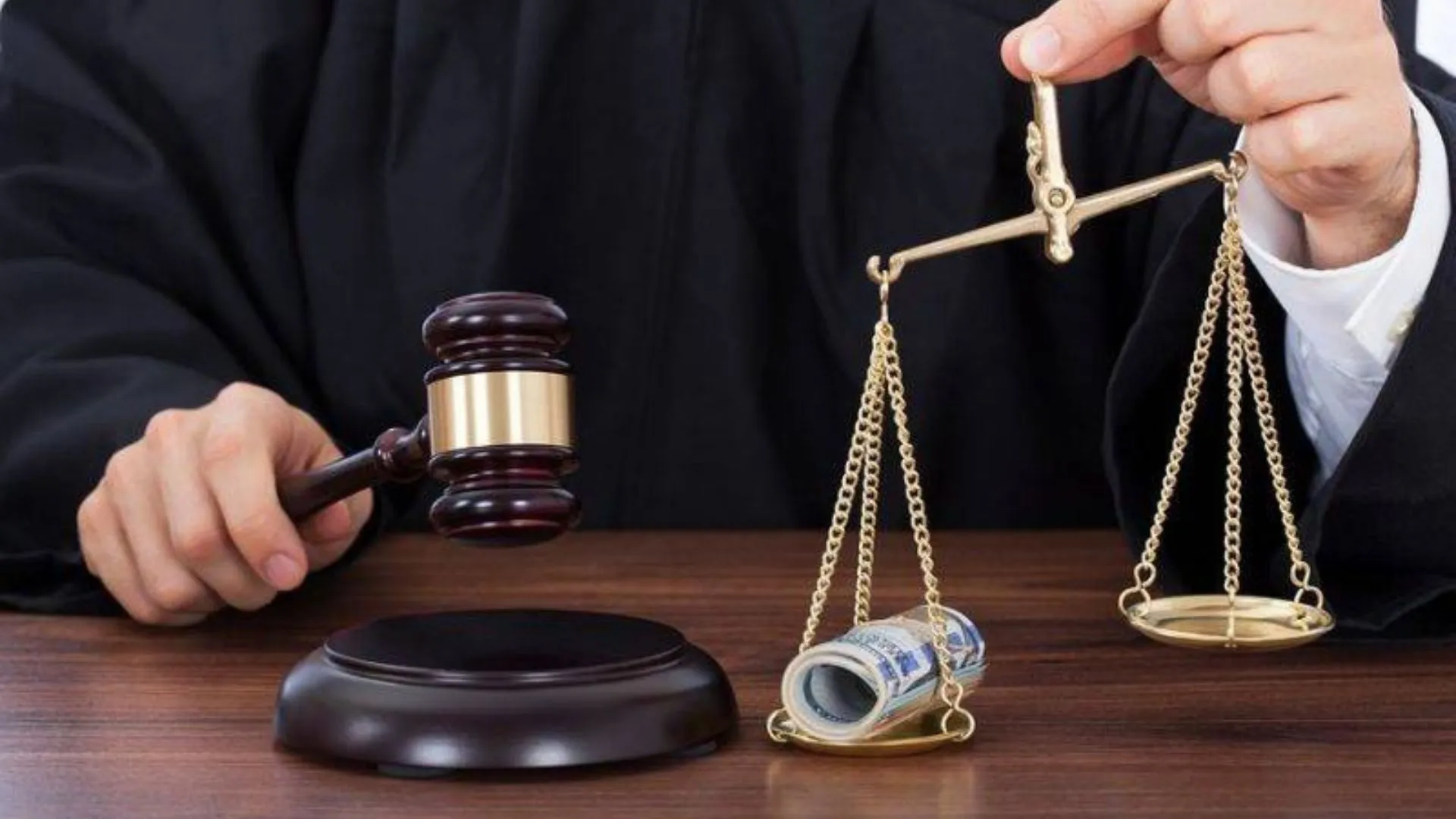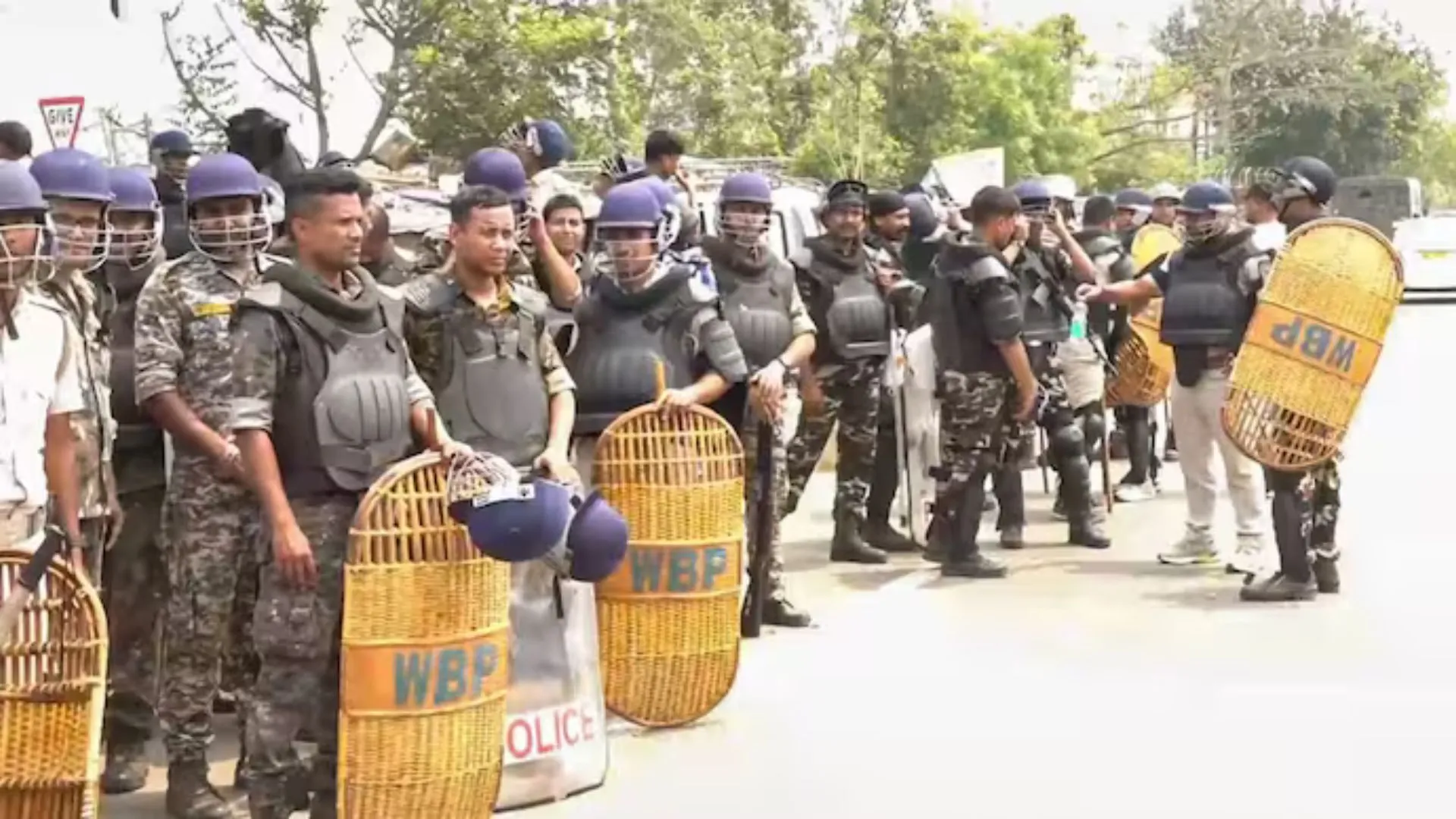Political environment in Maharashtra has become something to watch for in anticipation of Supreme Court’s Constitutional Bench’s judgment in Subhash Desai v/s Government of Maharashtra and others case that will be delivered on 21 April, 2023. This case is between Uddhav Thackarey and Eknath Shinde on disqualification of latter and his 16 rebel MLAs. The judgement in this case will have serious ramifications not only for the political future of the Bharatiya Janata Party (BJP), Eknath Shinde, and Uddhav Thackarey in Maharashtra, but also sets a legal precedent for internal democracy and split in party in the future for all political parties.
According to experts, the contours that the Supreme Court will have to take cognizance of before passing the order shall include:
1. Primacy of the Speaker in undertaking disqualification proceedings against rebel MLAs
2. Can the legislators split in the party without attracting the consequences of defection?
3. How can inner party democracy be maintained without attracting charges of defection?
4. Can the group or faction of legislators who have now got the control of the original party from the Election Commission be treated as defectors?
The Supreme Court has itself set a precedent in this case itself that it cannot intervene in the proceedings of the legislative assembly and will have to wait for the decision of the Speaker of the House. The precedent set by the Supreme Court in this case is that the Judiciary can review the decision of the Speaker but the Court has resisted from preemptively deciding on the matter before the Speaker takes a decision. In such a situation, the Supreme Court may order the Speaker to take a decision within a stipulated period and shall any legislators or group or faction of legislators have any objections they shall be free to appeal to the Supreme Court and then the top Court shall intervene and pass an order on this issue. In other words, the Supreme Court may pass the ball back in the Speaker’s court.
The complication in this case accentuates due to the Election Commission Order that handed over the control of original symbol of Shiv Sena i.e. Bow and Arrow along with the party name i.e. Shiv Sena to Eknath Shinde. This is done after a detailed exercise documenting the internal party democratic process on what the majority of the party cadre wanted. Based on this exercise, the Election Commission handed over the control of original party along with original election symbol to Eknath Shinde. This process is exactly in line with what the Election Commission did in Indira Gandhi case when Congress was split in 1969. In such a situation, when majority of the party stands with Eknath Shinde, it would be interesting to see how the Supreme Court interprets this process and mandate to Eknath Shinde by majority of the cadre of the party.
This raises questions on how the Supreme Court will interpret the mandate of majority of the cadre of the party in question – i.e. the Shiv Sena. The question is that can the act of dumping Maha Vikas Aghadi (MVA) in which Uddhav Thackarey had allied with Sonia Gandhi’s the Indian National Congress and Sharad Pawar’s the Nationalist Congress Party and joining hands with its natural ally i.e. the BJP be treated as a defection or should it be interpreted as a decision of majority of the members and cadre of the Shiv Sena? Here this judgment would be a landmark in setting the precedent on how the courts would see inner party democracy in the future. This judgment will also go a long way in setting rules on how the chief of the party can act and what is the remedy with the cadre and members of the party. This becomes especially more important in India, because other than the BJP and the Left Parties, all political parties are family-run businesses and the son or daughter inherits the party from the father or mother. This is because the Eknath Shinde faction asserted that they didn’t defect, but only elected a new leader who was more acceptable and chose the historically natural alliance partner based on the ideology on which both the parties – the Shiv Sena and the BJP had continued to contest elections since 1990s. In such a situation, this judgment will become a benchmark in how the inner party democracy can be kept functional or whether the parties will become fiefdoms of the progeny of the founders of the party.
If the Supreme Court rules in favour of Uddhav Thackarey, then the concept of inner party democracy and the party decisions being taken as per the will of the majority of the members and cadre of the party will become a past. This will, in turn, reestablish the primacy of party chief over the will of the majority of the cadre and members. How will this impact the governance of political parties will have to be seen and assessed. However, this judgment will leave extensive impact on the politics in the future.
In such a complicated situation, the role of the Five Judge Constitutional Bench of the Supreme Court becomes paramount. The judgment will set the way democracy will function in the country, starting with the political parties. This judgment will have a huge impact on the future of politics in the country, starting with how political parties take decisions. This judgment will also have an overriding impact on how the parties are governed and whether the majority of the members and cadre of the party can have a voice and impact the decisions in the party or whether parties will become fiefdoms of first families who own and control the parties.
A lot is on stake for the democracy and its future on 21st April 2023 and the judgment of the Supreme Court will determine the future of democracy.

Sumeet Mehta is a Mumbai-based Chartered Accountant.

